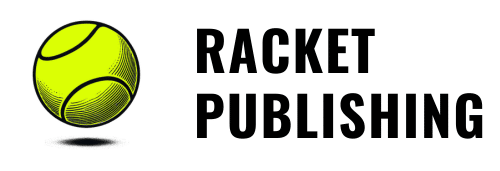The life of a non-fiction ghostwriter is nothing if not fascinating. Being successful requires wearing a wide variety of hats at different times. In no particular order, they include:
- Researcher and interviewer.
- Market researcher. (Yeah, there’s overlap here.)
- Trend observer/prognosticator.
- Translator/mind reader.
- Visionary.
- Realist.
- Synthesizer.
- Analyst.
- Summarizer.
- Storyteller.
- Planner and project manager.
- Consultant.
- AI experimenter.
- Motivational coach.
- Hitting coach, because clients sometimes need help keeping their eyes on the ball.
- Client advocate, because sometimes you have to go to bat for them when working with partners.
- Occasional but respectful bad cop.
- Sporadic punching bag.
- Occasional noodge.
- Expert wordsmith.
- Comedian, because a little humor can diffuse tense situations.
- Editor.
- Grammarian.
- Expert in Microsoft Word or a similar program. (Nothing in this post should surprise your prospective ghostwriter.)
- Application expert, because ghostwriting goes way beyond using a word-processing program.
- Explainer/trainer/teacher.
- Listener.
- Chef.
- Brainstormer, idea generator, and sounding board.
- Publishing and process expert.
- Accountant.
- Perennial voice of the book’s ultimate readers.
- Networker/bridge builder.
- Fixer/problem solver.
- Paralegal, especially with respect to fair use.
- Bullshit detector and fact-checker.
- Devil’s advocate.
- Dispenser of tough love when necessary.
- Provocateur.
- Master organizer.
- Tech-support specialist.
- Amateur designer.
- Data wrangler (to create figure prototypes for proper designer to tweak.)
- Video creator, because sometimes a proper Zoom meeting isn’t necessary. (Tella rocks here.)
- Intermittent marketer.
- Rapid typist. (I can’t put a precise number on the ideal speed. Still, exceeding the average words-per-minute is table stakes.)
The Ultimate Hyphenates
I’ve been focusing on ghostwriting for the past three years.
Note this robust list excludes the most obvious role: writer. Why the strange omission?
Because so much of crafting a quality book involves myriad hours doing different types of research, planning, summarizing, and conceptualizing—time not spent writing the manuscript. In this way, experienced ghostwriters are the ultimate hyphenates:

If concurrently juggling all of these responsibilities sounds difficult, trust your judgment. That reality, though, doesn’t make the job any less challenging and rewarding. In fact, the opposite is true. Adding to the intrigue, no two clients or projects are the same. (Ideally, you don’t serve as an occasional punching bag during every project.) What’s more, the ghostwriter’s primary role often changes during projects.
All things considered, it’s a good gig. For this reason, I’ve been focusing on ghostwriting for the past three years.
What You Need to Know
No one—myself included—can do each of these things with the same proficiency. What’s more, each role isn’t equally important. Hiring a ghostwriter by definition involves making tradeoffs. To this end, here are a few pro tips.
- You’re much better off hiring a skilled scribe who lacks marketing expertise than the other way around.
- A writing partner oblivious to current trends doesn’t compensate for this weakness by bringing significant design chops to the table.
- Don’t bail on that brilliant writer who always manages to hit her deadlines with a quirky personality.
- You get what you pay for: all else being equal, the more boxes a ghostwriter checks, the more you can expect to spend.
Feedback
Am I missing one? What say you?



0 Comments